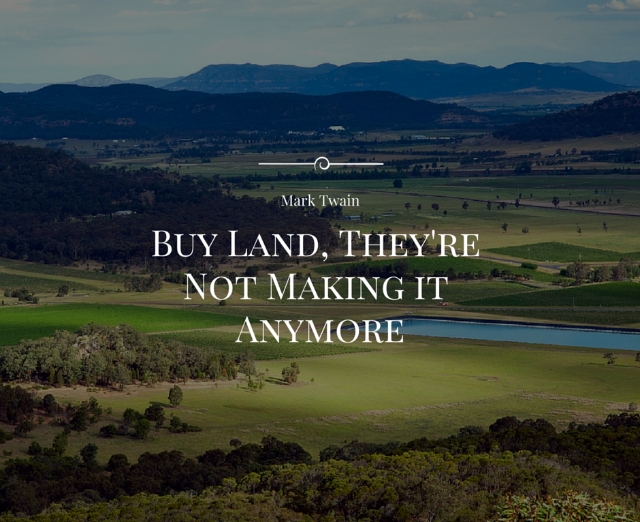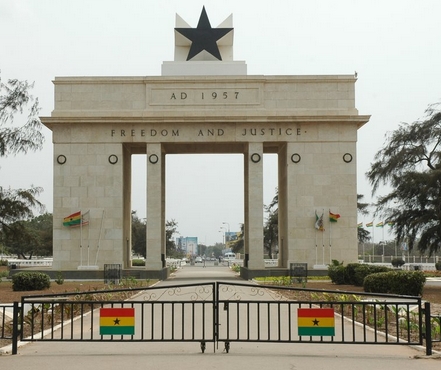
This blog has outlined the different types of land ownership in Ghana. Understanding these will help to prevent any struggles when you decide to acquire land.
Types of land ownership
Land in Ghana is held from various stool/skin lands, families or clans, which are the allodial owners. These lands are known as customary lands and, according to Appiah, (2011) make up about 80 percent of all land in Ghana.
There are also public lands, forming the remaining 20 percent, which are made up of state lands and vested lands. State lands mean that the state holds this area by acquisition from traditional allodial owners.
Vested lands refer to those plots owned by the state and customary authorities in a form of partnership i.e. split ownership (Larbi, 2008).
Types of interests on land
Land can be distributed and leased with various titles:
The allodial title: The allodial title is the highest title in land recognized by law. Only traditional leaders, families or the Ghanaian government can hold such a title.
There are two forms of freehold title interest:
Customary freehold: This is an interest that individuals or groups hold in a land, which is owned by a larger traditional community – the allodial owner – of which the interest holders are members or subjects. It is an interest that is transferrable to successors of the individual or subgroups until there are no successors.
Common law freehold – Common law freehold is similar to the customary freehold. The difference, however, is that this interest can be acquired by both strangers and members of the community that owns the land. A stranger in this regard refers to a Ghanaian who is not a member of the land-owning community. It is important to note that the 1992 Constitution by article 267 (5) forbids the creation of freehold interests in stool land in Ghana.
Leasehold – A leasehold/lease is an interest in land that has a specified start and end for a period, subject to payment of annual ground rents and covenants.
There are some lesser land interest types created under contractual, share-cropping or other customary tenancy arrangements. Two very common tenancies in the Akan areas are “Abunu” and “Abusa” or “do ma yenkye.” Other areas have different names for these arrangements in the local dialects.
References
Michael Appiah- Land Disputes Resolution in Ghana- The Role of Customary Land Secretariats (CLS). Case of Gbawe Customary Land Secretariat, 2011
Wordsworth Odame Larbi- Compulsory Land Acquisition and Compensation in Ghana: Searching for Alternative Policies and Strategies (A presentation at FIG/FAO/CNG International Seminar on State and Public Sector Land Management, Verona, Italy, in September 2008)
BJ da Rocha and CHK Lodoh- Ghana Land Law and Conveyancing, 2nd Edition, 1999
Credit: Lamudi Ghana- Guest blogger, Kwame Ankapong, a land and property investment consultant, shares his expertise on land ownership in Ghana.



